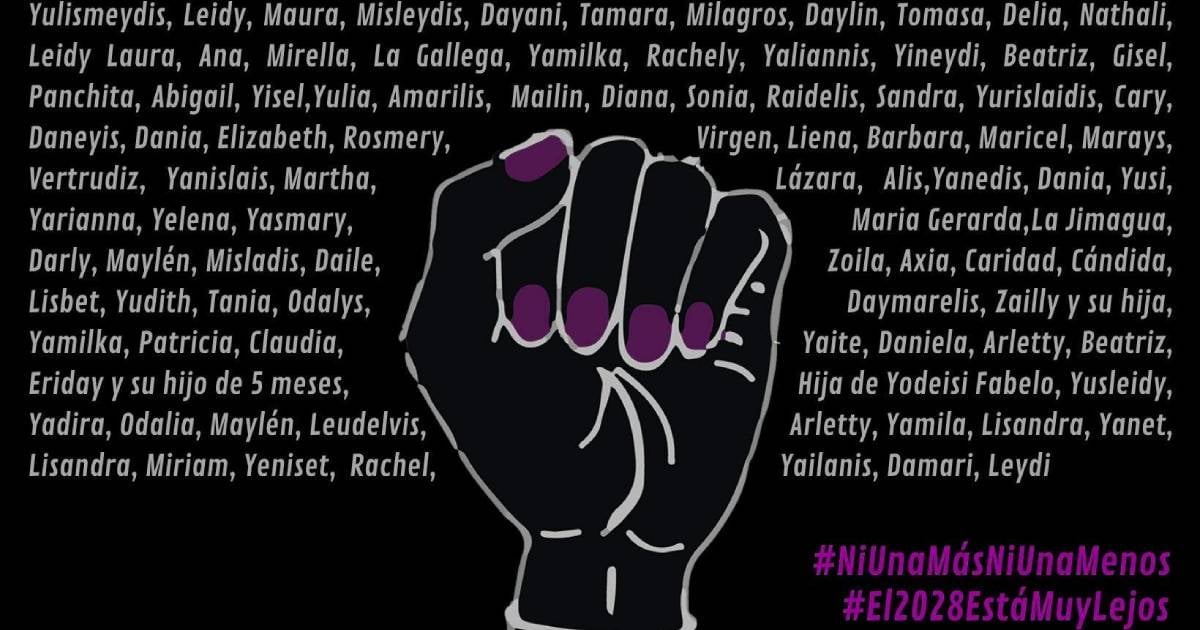The surge in feminicides in Cuba has repercussions that extend far beyond the immediate victims, deeply affecting families in a context where the state lacks mechanisms for the reparation and care of dependents such as children and other individuals reliant on the deceased women.
In Cuba, the consequences for those dependent on murdered women, including minors, the elderly, or individuals with disabilities, are devastating. The state's response to these indirect victims is grossly inadequate. A press release from Casa Palanca, based in Madrid, highlights that those who were emotionally and financially dependent on the victims are particularly vulnerable, receiving little to no support from the state.
Insufficient State Response
"Casa Palanca has interviewed eight families of feminicide victims across various Cuban provinces, revealing a common thread of insufficient attention and lack of reparation, exposing the state of neglect faced by dependents who lose their caregivers to these violent acts," the note states. This is partly due to the absence of specific legislation and public policies addressing the needs of those left orphaned or without caregivers following a feminicide.
An earlier report explained that in the Cuban context, where women are often the primary breadwinners, their absence creates an irreparable void that destabilizes both the economic and emotional fabric of families. Data from the Observatorio de Género Alas Tensas (OGAT) and Yo Sí Te Creo en Cuba (YSTCC) indicate that from 2019 to June 2024, 285 dependents of feminicide victims have been recorded in the country. This includes minors who suffer the traumatic aftermath of losing their mothers violently.
Demographic Impact
The data shows that over a third of the women killed were between the ages of 26 and 35, a critical period when many Cuban women take on caregiving responsibilities. The death of these women leaves many without access to the essential care and financial support they provided. The absence of reparation mechanisms and adequate support programs exacerbates the situation.
Despite the disproportionate burden of unpaid caregiving falling on Cuban women, the state’s failure to acknowledge the needs of those affected by feminicides perpetuates their vulnerability. Casa Palanca’s research underscores the urgent need for reforms to ensure comprehensive reparation for indirect victims, including access to psychological, social, and health services.
Call for Legal and Social Reform
Moreover, the lack of specific legislation in Cuba that addresses the reparation and protection of dependents of feminicide victims, as well as the prevention of such crimes, reveals a significant gap in the country's legal and social system. Casa Palanca advocates for changes that include the creation of effective public policies and preventive measures to ensure the protection of these non-mortal victims and promote an environment of equality and safety for all women.
So far this year, independent platforms have confirmed 37 feminicides in Cuba in 2024, along with three attempted gender-based crimes, six cases requiring police investigation, and two murders of men for gender-related reasons.
